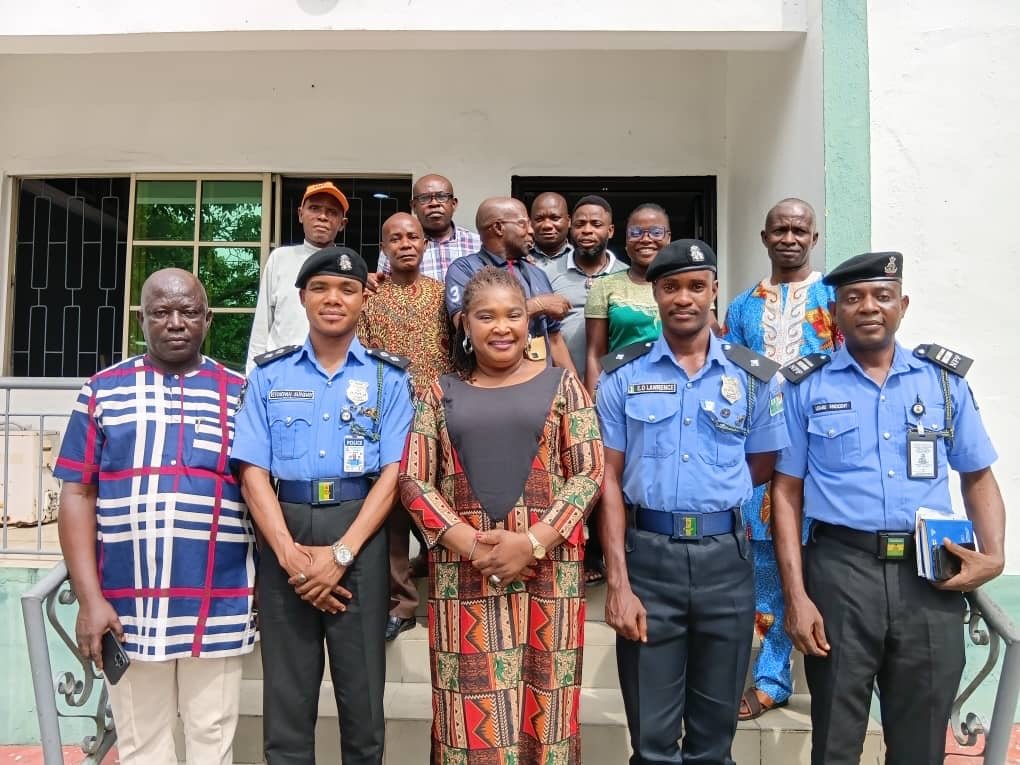By Anietie Akpan
The Cross River State Government has initiated plans to establish six new Cocoa farm estates in six Local Government Areas of the State.
The plan was made public during a critical stakeholders engagement meeting held in Calabar, under the auspices of the Ministry of Agriculture and Irrigation Development.
This was contained in a press release on Thursday from the office of the Chief Press Secretary to the Governor, Nsa Gill.
Speaking at the forum, the Commissioner for Agriculture and Irrigation Development, Hon. Johnson Andiambey Ebokpo Jnr, disclosed the ongoing process of engaging stakeholders to acquire land for the establishment of cocoa estates in Akamkpa, Akpabuyo, Bekwara, Odukpani, Obubra, and Ikom Local Government Areas.
Ebokpo stressed the importance of stakeholders involvement to ensure the success of this initiative, outlining criteria such as number of hectares, land suitability (soil analysis ) which has been in the works for quite some time, as well as community engagements which is at the forefront of Governor Otu’s people first agenda.
He said that the project will adopt a complete public-private partnership model, where the government in collaboration with the communities facilitate the development of the new estates.
The Commissioner emphasized that forthwith, cocoa development would be in compliance with the European Union Deforestation Regulation (EUDR) which includes traceability of the cocoa source, ensuring that child Labour or forced labour is not used while also ensuring that farms are not established in government gazetted forest reserves.
“This is to ensure that areas degraded are restored through sustainable agro-forestry programmes by inter-cropping such areas with shade trees to balance the ecosystem and preserve biodiversity, hence the ministry’s collaboration with the State Forestry Commission”, Ebokpo explained.
He further noted that as part of the programme, Cocoa farms and allottees, would be digitally enumerated immediately a farm is identified and deemed suitable for ease of access to traceability information which will ensure that living income premiums are paid to deserving farmers.
Similarly, Mrs. Juliet Ntui, representing the TRACE project, commended the initiative for rural poverty alleviation and pledged their support.
Breakout sessions were held for each LGA to determine land allocation, followed by presentations of their decisions with Agriculture Stakeholders who are committed to maintaining ongoing communications with their communities and providing feedback to the Ministry of and Irrigation Development for follow-up actions.













